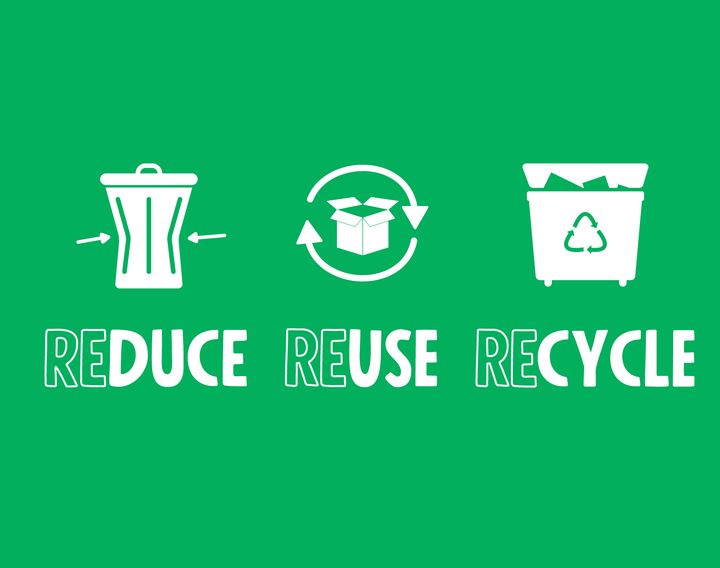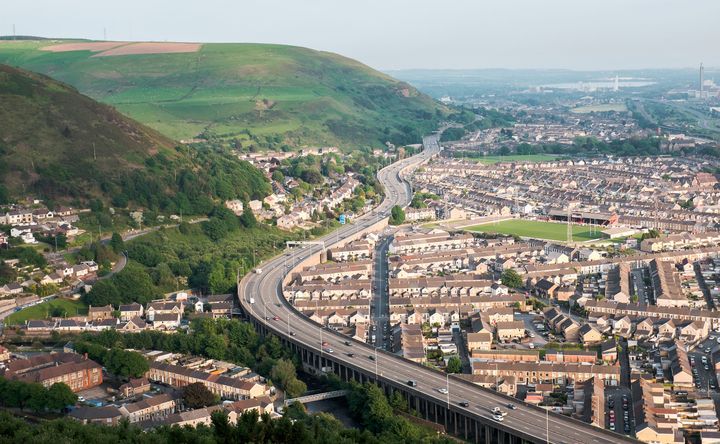Sustainability at Swansea University: Leading the Way for a Greener Future
Discover how Swansea University is making significant strides towards sustainability, from reducing waste production to increasing renewable energy usage, and learn how you can help make a positive impact on the environment.

Universities have a critical role to play in addressing some of the most pressing issues facing the world today, including climate change and environmental sustainability. One institution that has made notable progress towards promoting sustainability and minimising its environmental impact is Swansea University. Swansea University is a leader in environmental sustainability, from programmes to reduce waste and recycle to studies on sustainable agriculture and renewable energy. We'll look at the various ways Swansea University is promoting sustainability and waste management in this blog, as well as areas where the university can do better. Join us as we explore Swansea University's efforts to build a more sustainable future.
To reduce the amount of waste sent to landfills, Swansea University has put in place a number of waste reduction initiatives. Implementing single stream recycling, which enables the recycling of mixed materials like plastic, paper, and glass all in one bin, is one such initiative. In order to reduce the use of disposable items, the university also encourages students and staff to bring their own reusable containers and cutlery to campus cafes and restaurants. For food waste produced on campus, the university has also implemented a composting programme. These programmes encourage a sustainability culture on campus while also reducing waste.
Furthermore, Swansea University has taken action to support environmentally friendly transportation options for staff and students. Students and staff can rent Santander bikes from the university for a brief period of time to use for getting to and from campus. For faculty, staff, and students who drive electric vehicles, the university also offers charging stations. In order to reduce the number of cars on the road and support a more sustainable transportation system, the university has also put in place a car sharing programme for staff members.
The university has also taken a number of steps to reduce its carbon footprint, including the use of renewable energy. On a number of buildings around campus, the university has installed solar panels that produce renewable energy and lessen the need for fossil fuels. The university has also made an investment in a ground source heat pump system, which uses the heat from the earth to warm campus buildings instead of using conventional heating systems. These renewable energy initiatives help create a more sustainable energy system overall while also lowering the university's carbon footprint.
Sustainable procurement guidelines have been put in place to make sure the goods and services it buys are environmentally friendly. Before suppliers are given contracts, the university requires them to show proof of their environmental sustainability credentials. Additionally, the university supports regional businesses and sources goods locally whenever possible to lessen the carbon footprint of transportation. These green purchasing practises encourage a more eco-conscious supply chain and support a more sustainable economy as a whole.
On its campus, the university is dedicated to preserving and enhancing biodiversity. A number of biodiversity conservation initiatives have been put into place by the university, including the planting of wildflowers to draw pollinators and the development of wildlife habitats. The university has also created a living lab programme that gives students and researchers the chance to research and test out sustainable and biodiverse campus landscapes. These programmes not only support biodiversity preservation but also give students the chance to study sustainable land use techniques.
What can Swansea University do to improve?
There is always room for improvement, despite the impressive progress Swansea University is making towards a more sustainable future. The university can improve in a number of areas in order to continue lowering its environmental impact.
Reducing the use of single-use plastics is one area that could use improvement. Although the university has pledged to phase out single-use plastics, a sizable amount of plastic waste is still produced on campus. The university might take into account alternative packaging options or encourage staff members and students to bring their own reusable containers for food and drinks. The university could also collaborate with vendors to guarantee that all goods sold on campus come in recyclable or compostable packaging.
The university could also do better when it comes to energy conservation. There is still room for improvement, despite the university's significant efforts to reduce its carbon footprint. The majority of the university's carbon emissions are attributed to energy use, according to its sustainability report. The university could use more energy-efficient technologies and promote energy conservation among its staff and students. The university could also look into the furthering the use of renewable energy source on its Singleton campus, like solar or wind energy.
Another area where the university can improve is waste management. Despite progress the university has made, there is still room for improvement. The university might think about implementing a more extensive recycling programme that composts food waste. In order to lessen waste produced on campus, the university could also encourage staff and students to bring their own reusable containers and utensils.
Finally, the university could expand its options for getting around. Despite the university's promotion of environmentally friendly modes of transportation like walking, cycling, and public transportation, commuting to campus still contributes significantly to traffic. The university might think about starting a carpooling programme or rewarding faculty and staff members who commute sustainably.
To conclude, Swansea University is dedicated to promoting sustainability on campus through waste reduction programmes, environmentally friendly transportation options, renewable energy programmes, environmentally friendly purchasing practises, and biodiversity preservation programmes. Even though there are still some things the university can do better, its dedication to sustainability shows that it is serious about building a campus that is more environmentally conscious and sustainable.




